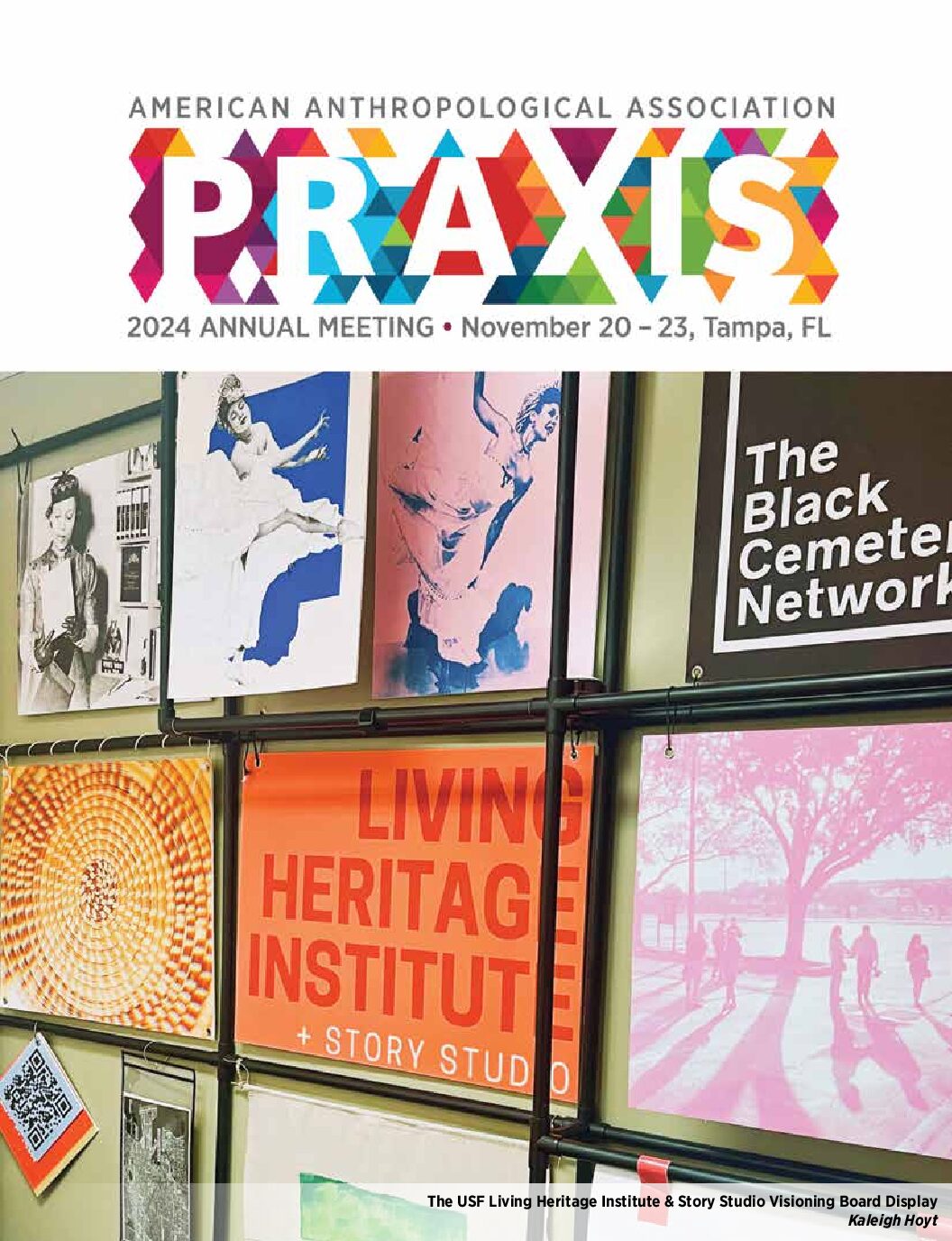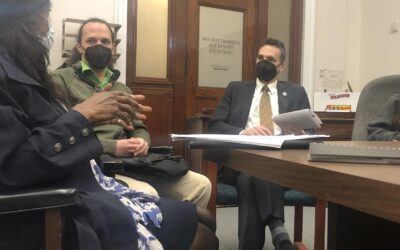The Anthropology of Policy Emerges
The Association for the Anthropology of Policy
Judi Pajo and Theodore Powers
July 24, 2017
The Association for the Anthropology of Policy (ASAP) promotes the anthropological study of policy, including makings, workings, contexts, agents, and effects. ASAP seeks to advance the contributions of the anthropology of policy to theory and method in anthropology, as well as to research and action in public policy.
Anthropologists of policy engage actors and institutions that frame the policy process, through fieldwork, ethnography, and other tools, and with an emphasis on transnational connections and comparative practices, to produce knowledge and address pressing social issues.
In this issue, we feature members and leaders in our section to give readers a sense of the people and the projects that are driving the growth of the anthropology of policy.
Policy worlds
The anthropology of policy has been particularly helpful in my work for three reasons. First, because it problematizes a concept that most other disciplines take for granted and highlights the fact that policy has become a major organizing principle of contemporary societies. Second, because it offers a critical window into the wider operation of ideology and power, as policy is the key instrument through which political programs are advanced. And third, because it provides a methodology for studying the genealogy of particular ideas and practices, how policies travel, and how people engage with these governmental projects. —Cris Shore
For me, the world of policy requires both formal reasoning for much of the machinery of governance but also a more organic connection to, and recognition of, human beings. That matching of policy and people is an innately anthropological task, and one that provides a much-needed opportunity to reweave the academic, applied, and practitioner strands of our discipline. —David Haines
I believe that anthropology should be recognized as a policy science. In my own work on foreign policy and development policy, I became convinced that an anthropological perspective is needed to understand the policy-making process and to formulate effective policy. —Bill Beeman
Policy analysis
There is a pressing need to analyze policy, its processes, and its consequences in the social sciences that goes beyond micro-economic tools of cost benefit and risk assessment. My own focus is on mining policy and citizen engagement where I plan to use anthropology to illuminate policy problems and opportunities for reform. —Carol MacLennan
With a research focus on soft power, I have found the anthropology of policy an exciting place to land, specifically because it pushes policy analysis beyond assumptions about the unilateral transfer of power to consider policy engagement at the site of implementation and consumption. —Jennifer Hubbert
Policy studies remains dominated by economics and political science approaches—mostly quantitative research presuming a narrow rationality of policy actors. ASAP’s long standing work on the sociocultural aspects of policy processes has deeply informed my research on the institutional inequalities of international development interventions and especially my teaching of aspiring policymakers. —Rebecca Peters
As a UK-born sociologist living and working in Croatia for over 20 years, ASAP—and before that IGAPP—has been my “home away from home” in terms of my focus on policy as it moves across jurisdictions. My ongoing work on translation and policy intermediaries is strengthened by my connection with ASAP colleagues. —Paul Stubbs
Future directions
ASAP should connect with and strengthen our ties with our colleagues in policy studies and think tanks. It should become more common for anthropologists to be called to speak on, about, and to policy makers about policy making, policy implementation, and so on. Too often, economists and political scientists are called on first, no matter the policy topic, and that’s where ASAP is making exciting changes. —Rebecca Peters
The anthropology of policy is a useful venue for continuing longstanding interdisciplinary dialogues between anthropology and related disciplines. What might the anthropological study of policy add to this endeavor that other vantage points do not? —Samuel Shapiro
We invite you to think about your own encounters with policy and the perspectives you can bring to ASAP. For more information on section activities and upcoming events see on our website, Facebook and Instagram pages.
A link to this article on the Anthropology News website can be found here.


